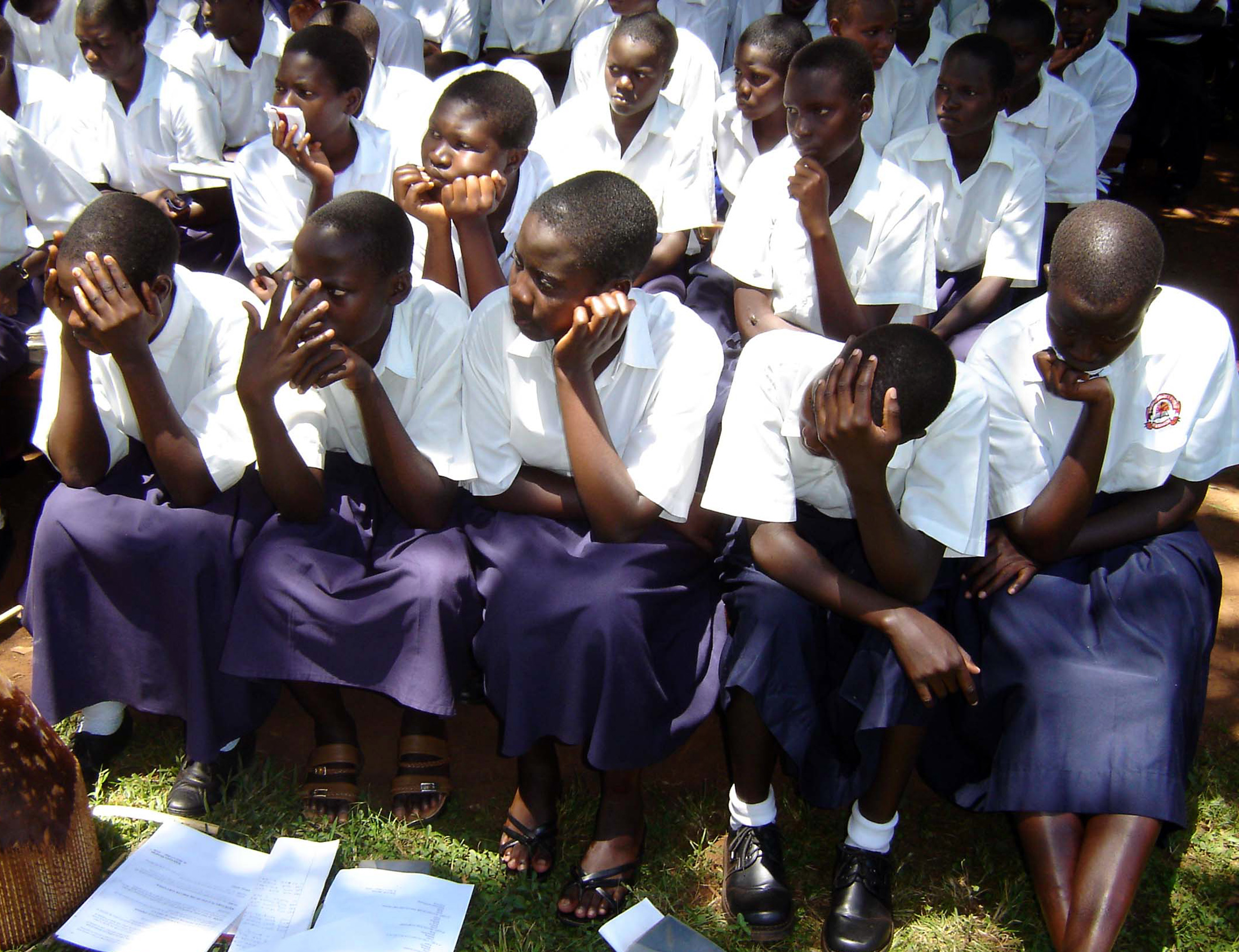
According to Sauti Za Wanachi – a Twaweza research, at least 46% of Ugandans do not speak to anyone about problems they identify at their children’s schools.
This, the researchers noted is a result of a poor communication environment the school administration builds with the parents who are primary stakeholders.
Thus, the parents tend to speak to proximate school leaders rather than people in government which in turns makes the problem less or partially solved.
“One out of 10 parents said the problem they reported was solved completely (7%), three out of ten say it was partially solved (32%) and the rest, six out of ten, say the problem was not solved at all (61%),” the research found.
These findings were released by Twaweza in a research brief titled Preparing the Next Generation: Ugandans’ opinions and experiences on education.
The brief is based on data from Sauti za Wananchi, Africa’s first nationally representative high-frequency mobile phone survey. The findings are based on data collected from 1,878 respondents across Uganda in September and October 2018.
When it comes to school values, citizens hold emphatic views. Almost all citizens (94%) want girls who get pregnant to continue with their education whether after giving birth (74%), during pregnancy (13%) or in another school (7%).
And this appears to be a far-reaching problem as four of ten citizens (35%) know of a family member who dropped out of school due to pregnancy.
Marie Nanyanzi of Sauti za Wananchi at Twaweza said that despite many saying they don’t report problems they see at schools, Ugandans are engaged in the education sector.
She tasked the government to invest more into explaining the capitation grant and its uses to parents and provide more transparent avenues through which complaints are reported and handled.